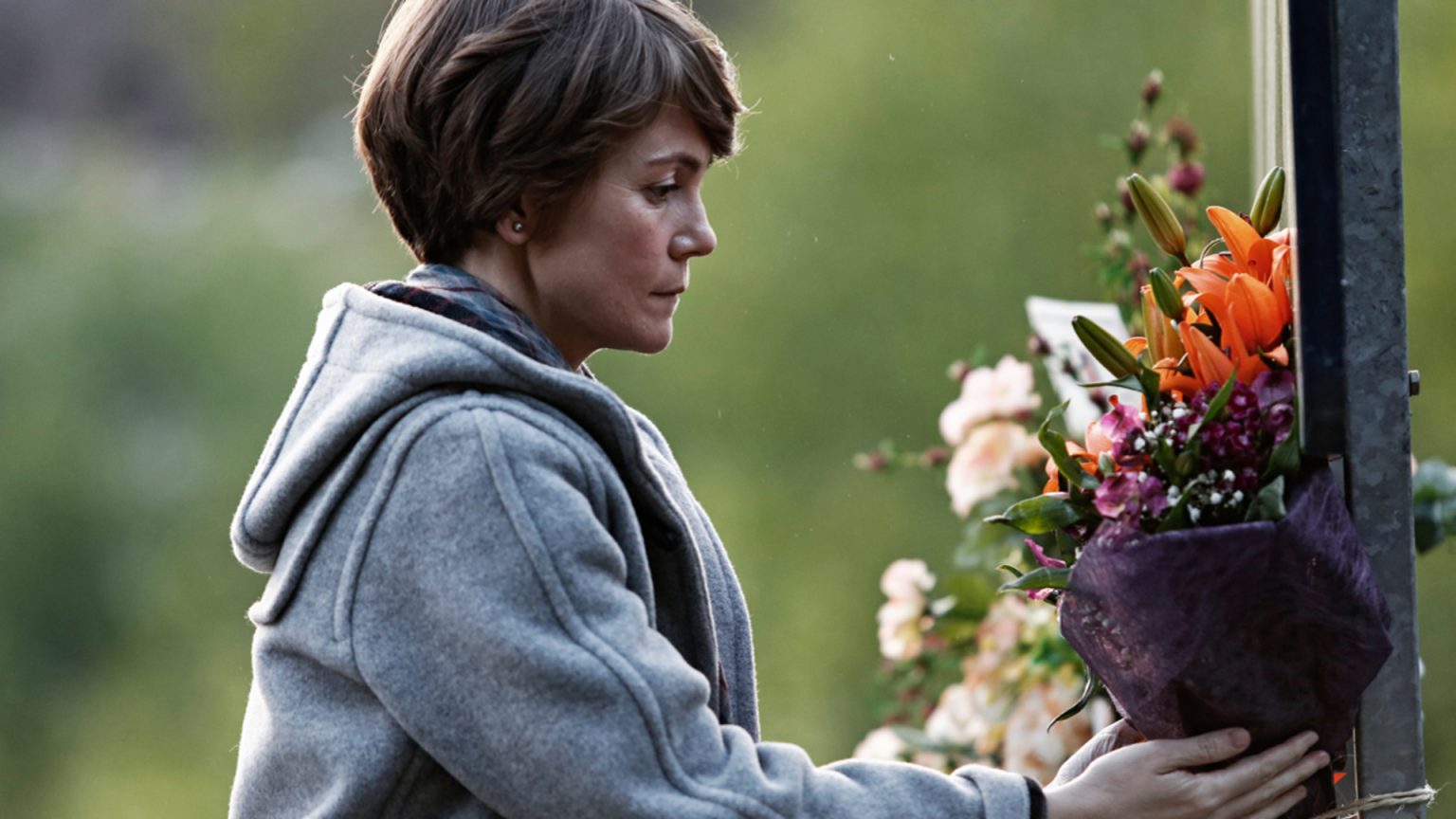As a film lover, José Mari Goenaga decided to take an introductory film course at the Strobe Center for Performing Arts in Spain, right after graduating from business school.
Fifteen years later, Goenaga co-directed his third feature film with Jon Garaño, a fellow student at the time, and now his partner at Moriarti Productions. After a successful festival circuit run, Flowers (Stream now on Fandor) was nominated for Best Film at the Goya Awards — Spain’s national film awards.
The film, which is new to the Fandor library, was born from a fleeting and emblematic image — a bouquet of flowers that Goenaga saw on the side of a road. Through a succinct script that’s distilled to its essentials, the film elegantly tells multiple stories that converge and reflect one another. Each story addresses themes of communication, motherhood, and memory, and as in his previous film, For 80 Days, Goenaga’s protagonists are Basque-speaking women.
Leveraging a slow pace and intimate tone, Flowers (released internationally as Loreak) portrays repressed feelings, delving into an oneiric world through poetic, conversational interludes. The film formally resembles Lucrecia Martel’s The Headless Woman — making effective use of white space in splendid cinemascope, pulling the focus of the image, and accompanying it with an evocative, muted score.
Iñaki Fernandez de Retana: Flowers feels contained, full of silences and whispers. What’s your film’s message?
José Mari Goenaga: We wanted to raise the question of how well you really get to know people who live close to you. When that person goes away leaving some unanswered questions… what happens? To what extent has that person communicated to you all [that] he or she felt or did not feel? The characters of the film have a difficult time communicating. They are going through a difficult time in their lives. The audience gets a feel of what’s happening by what they see, but it is not verbalized.
We took the topic of lack of communication into a “plastic” realm. Each of the characters works inside some sort of bubble — the cabin of a crane, the booth in a freeway, the hut in a construction site — that reflects isolation from the outside. And it is precisely the flowers that burst these bubbles, expressing what they do not.
Besides being women, the characters in Flowers and For 80 Days are middle-aged or elderly. Why?
The issue of the elderly seems very interesting to work [with] in film. They are people who are at the zenith of their life, which makes the audience take a particular stance towards those characters.
Does your cinema reflect Basque society?
People tell us that both those films feel very Basque, the matriarchal society and all. When we write we are not aware that we are doing something very Basque. But yes, it is true that we rely on characters we know and archetypes around us. In that sense, I guess something Basque comes through. But we always do it with the intention of telling something universal.
The film has great cinematography and music.
We’ve been working with film composer Pascal Gagne and cinematographer Javi Aguirre from the beginning. It is a pleasure for us to continue counting [on] them as we all evolve. Pascal already had a career behind him when he began to cooperate with us. Javi began with us, making short films. There always has to be very direct communication with the cinematographer, you have to understand each other, and with him, we have that understanding.
Tell us about Moriarti Productions.
After we finished the film course at Sarobe in 2001, four of us got together to help each other make short films. That formula has continued to this day. We are five partners at Moriarti: Jon Garaño, Aitor Arregi, Jorge Gil Munarriz, and Xabier Berzosa. Each has specialized in some area but we still rotate roles. Jon, Aitor, and I direct and write; and Jorge is more specialized in the script. Xabier does production work and is also part of Austin, the company with which we usually co-produce our feature films.
Your films are in Basque. How do they fit into the “Latino” identity and film festivals?
In January 2015 we won the award for Latin cinema at the Palm Springs Film Festival. And yes, it is a bit strange. Part of the audience expects to see something in Spanish, and you have to explain to them that it is another language, and that obviously Basque society has other characteristics. But they can put whatever label they want on us — as long as our films are programmed we are happy. The more venues that show our films, the better.




